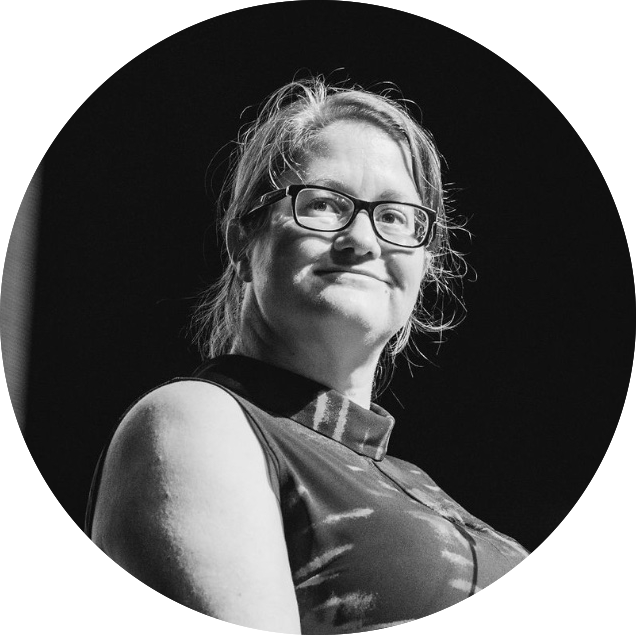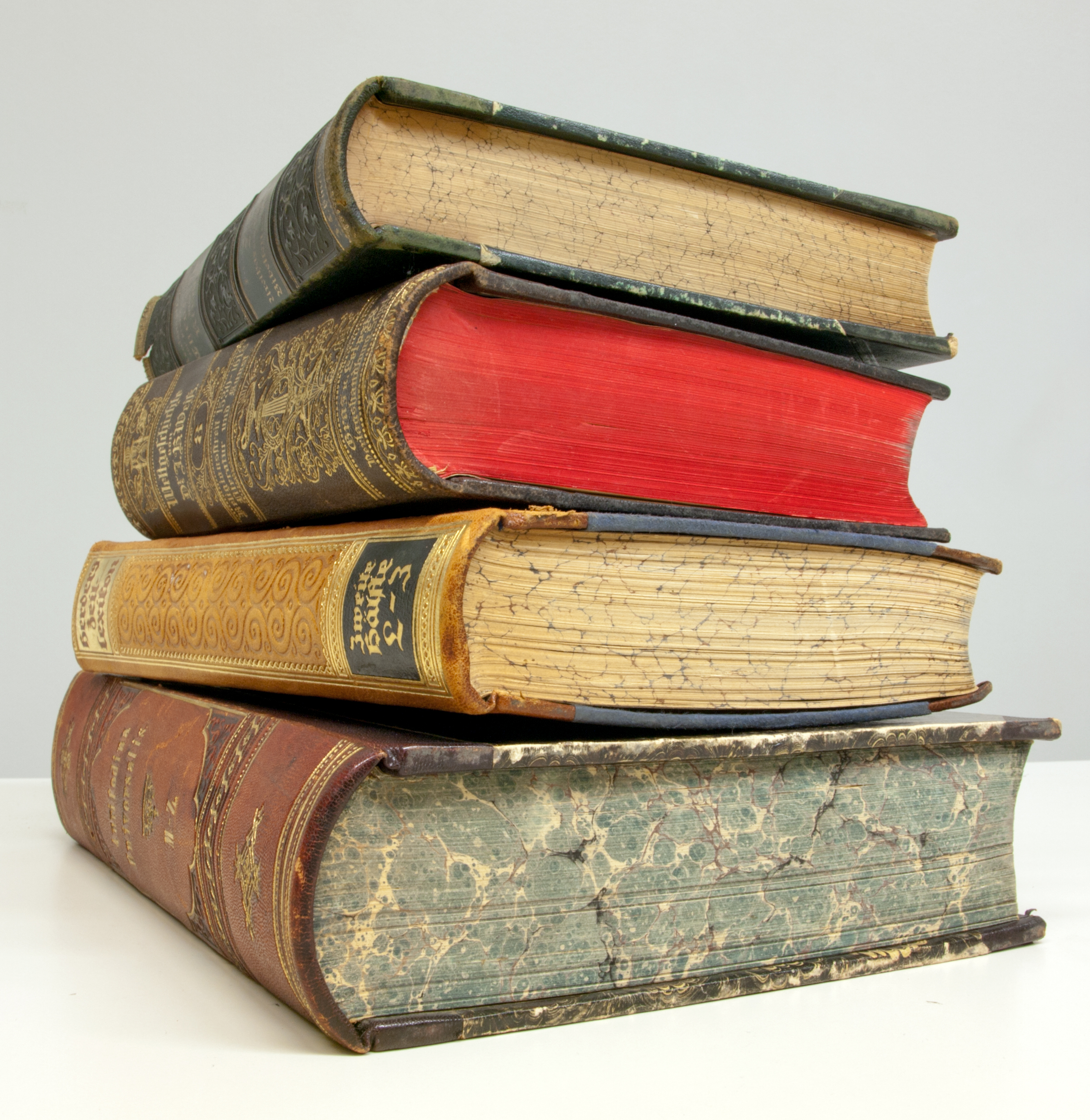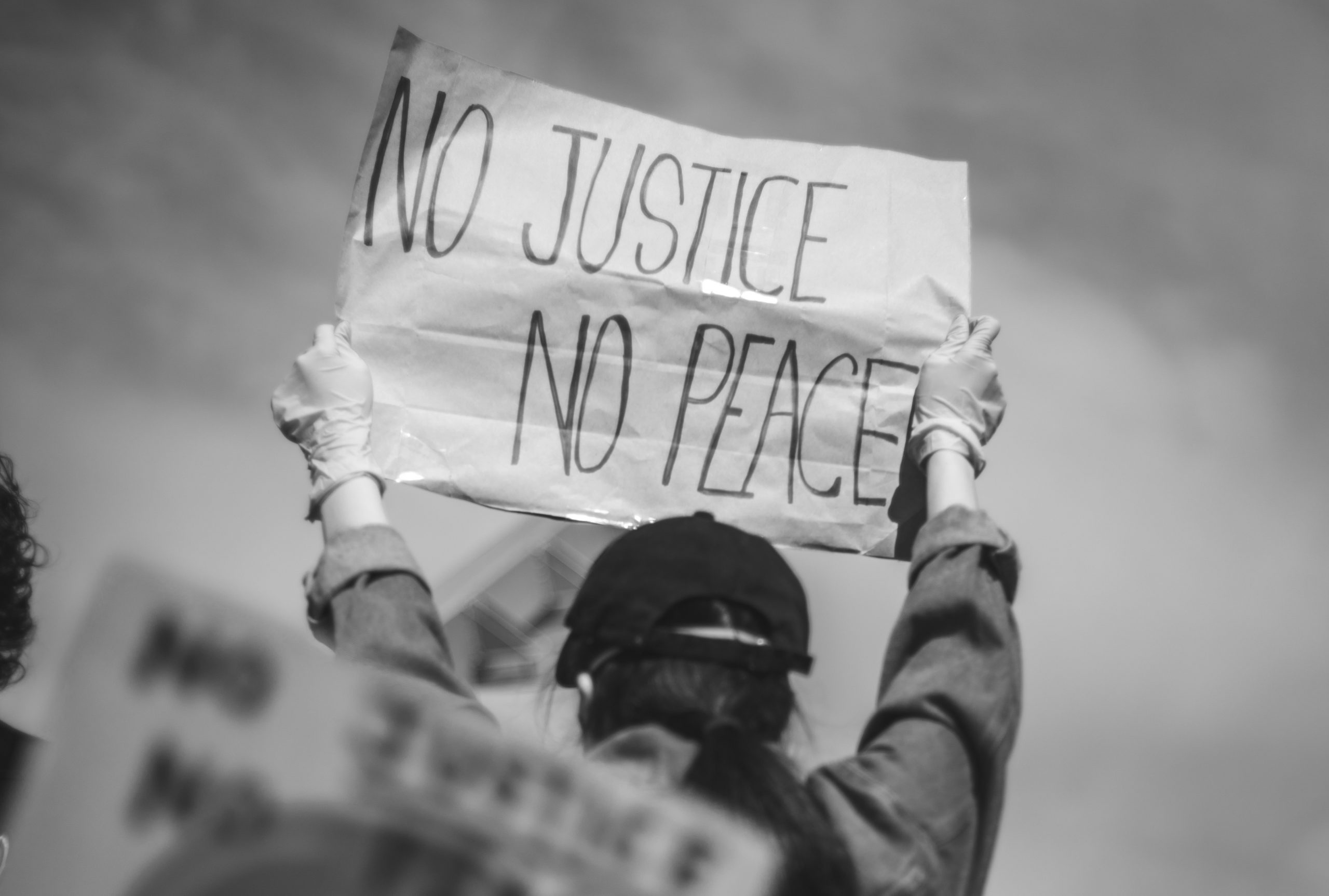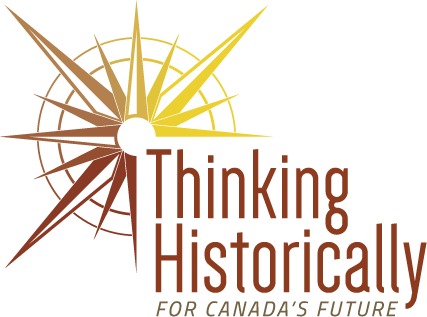Rachel Valois,
History teacher
Rachel has taught Quebec and Canadian history to students in Secondary 3 and 4 (grades 10 and 11) for 12 years. She works at Collège Letendre, a private school in Laval, Quebec. Nestled in the heart of downtown Laval, the college operates in a multicultural and multiethnic environment. The students in Rachel’s classes come from varied cultural backgrounds, both Quebecois and international, illustrating the province’s rich diversity and cosmopolitan nature. In keeping with its vision, the college’s slogan, “On t’accepte tel que tu es”/“au collège Letendre, je réussis tel que je suis” [“We accept you just as you are”/“At Collège Letendre, I succeed just as I am”], illustrates its mission to create an inclusive environment where everyone can reach their full potential.

Collège Letendre
Laval, Québec

Historical Thinking
Trained as a high school history and geography teacher and specializing in the didactics of history, Rachel actively incorporates historical empathy into her teaching, encouraging her students to explore the past with a critical and thoughtful eye.
As a result of her training in didactics and her exchanges at meetings and conferences focusing on historical thinking, Rachel has developed a deep interest in this crucial aspect of history teaching. Convinced of its importance in shaping critical minds, she decided to actively incorporate this approach into her teaching.
In fact, Rachel is committed to developing the notion of “historical empathy” and is convinced of its importance in understanding the past. She encourages her students to see things through “the lenses [of historical actors] of yesteryear and not their own.” In one of the activities she developed, Rachel had students explore the daily life of an immigrant in New France in 1713. In this activity, she guided students through an in-depth exploration of the experiences of these immigrants, urging them to “put themselves in their shoes through historical facts” to understand their living conditions and their motivations for heading to new lands at the time. Students were asked to write a journal recounting the immigrant’s daily life during the crossing, when settling on his land and during his daily life as a colonist in New France.
Rachel consistently tries to elicit reflexivity in her students through an investigative approach aimed at better understanding the past and understanding it critically. She emphasizes that people in the past did not live as we do today. Students come to understand that the injustices of the past often become acquired rights for young people born in the 2000s. She believes that this approach prepares them to become informed and engaged citizens capable of understanding the complex issues facing their society and devising solutions, because they are the ones who will be fighting the battles of tomorrow.

Teaching & Learning
Going to the heart of history teaching, Rachel describes an instructional approach where students find themselves immersed in a profound quest to understand modern Canada’s core values and the challenges of social justice.
To Rachel, teaching history is more than just imparting facts and dates. It is an opportunity to captivate her students by connecting them to their own experiences. She strives to create a learning environment where students can feel engaged and inspired to explore the past to better understand the world they live in.
Rachel acknowledges the challenge of teaching a subject that may seem remote or unexciting to teenagers in the process of building their identities. Her aim is to bring history to life and make it meaningful. To Rachel, it’s all about helping them think about and understand the world around them. She believes that “what’s important about Canadian history [are] the values that Canada holds today: democracy, freedom of expression […] that’s what I’m going to connect them with.”
Rachel incorporates into her teaching an awareness of the social injustices that exist in various societies. She is committed to tackling this subject by enlightening her students on issues relating to battered women and the disappearance of Indigenous women, highlighting the lack of investigation in many cases. She also points out the parallel with the situation in the United States, where the Black community faces similar problems. In her view, “[the] values of justice and equality are both extremely important” and must be defended and promoted in teaching history.
Co-created by Rachel Valois and René Salem
